Adaptive Biology Laboratory
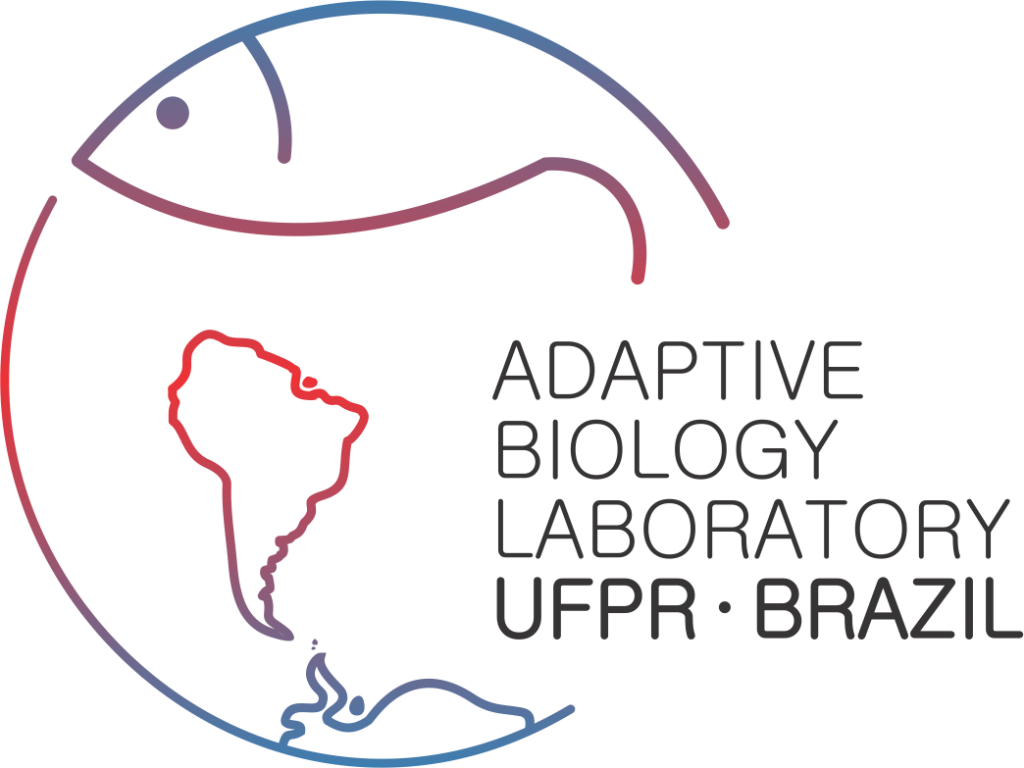
Researchers
Dr. Lucélia Donatti (chair)
e-mail: donatti@ufpr.br
Dr. Maria Rosa Dmengeon Mason de Souza
e-mail: maria_rosadp@hotmail.com
Dr. Priscilla Krebsbach Kandalski
e-mail: pkrebsbach@gmail.com
Dr. Silvia Romão
e-mail: silvia.romao@uffs.edu.gov.br
Dr. Tatiana Herrerias
e-mail: tatianaherrerias@htoamil.com
Dr. Cintia Machado
e-mail: cin_machado@yahoo.com.br
Current members
Currently the laboratory has a postdoctoral researcher, three doctoral students, three PhD students and two undergraduate students
Who we are
Subtropical and Antarctic fish are the main line of research of this group and understand their ecophysical aspects and how these animals respond to possible environmental changes caused by antropic action or are not some of its objectives. It is also important for the researchers of this group to disseminate knowledge and the formation of young researchers. The students are enrolled in the Graduate Programs in Ecology and Conservation and in Cellular and Molecular Biology, both from UFPR. The dissemination of knowledge is carried out through the publication of papers in specialized scientific journals, participation in congresses and similar lectures. Eventually, the services are performed through histopathological evaluations of aquatic organisms in impacted environments.
Current research themes
– Ecophysiology of organisms against natural and anthropogenic factors:
The objectives of this research line are to evaluate I) the adaptive capacity of subtropical, subcellular and metabolic fish for the effect of abiotic factors (e.g., temperature, salinity) and anthropic (e.g., xenobiotic, sewage); II) III) the influence of temperature variation on plasmetic biomarkers, energy metabolism and antioxidant defense of subtropical fish under thermal stress conditions.
– Evolution and Biodiversity in Antarctica: The Response of Life to Change
The objectives of this line of research are to value: l) physiological and genomic adaptations that allow the organism (fish) to survive in Antarctica: specific adaptations to the Antarctic environment or simple variations of adaptations in other organisms in other habitats; ll) ability of Antarctic organisms (fish) to cope with daily, seasonal and long-term changes in the environment; III) genotype and phenotype plasticity and adaptations of Antarctic organisms (fish).
– Animal Functional Morphology:
The objectives of this line of research are: determination of the prevalence of microorganisms, their genotypes and their biomarkers associated with genetic expression in different populations, aiming at the knowledge of the process: I) health-disease process and II) molecular mechanisms of interaction of plant bacteria.
Collaborations
 |
 |
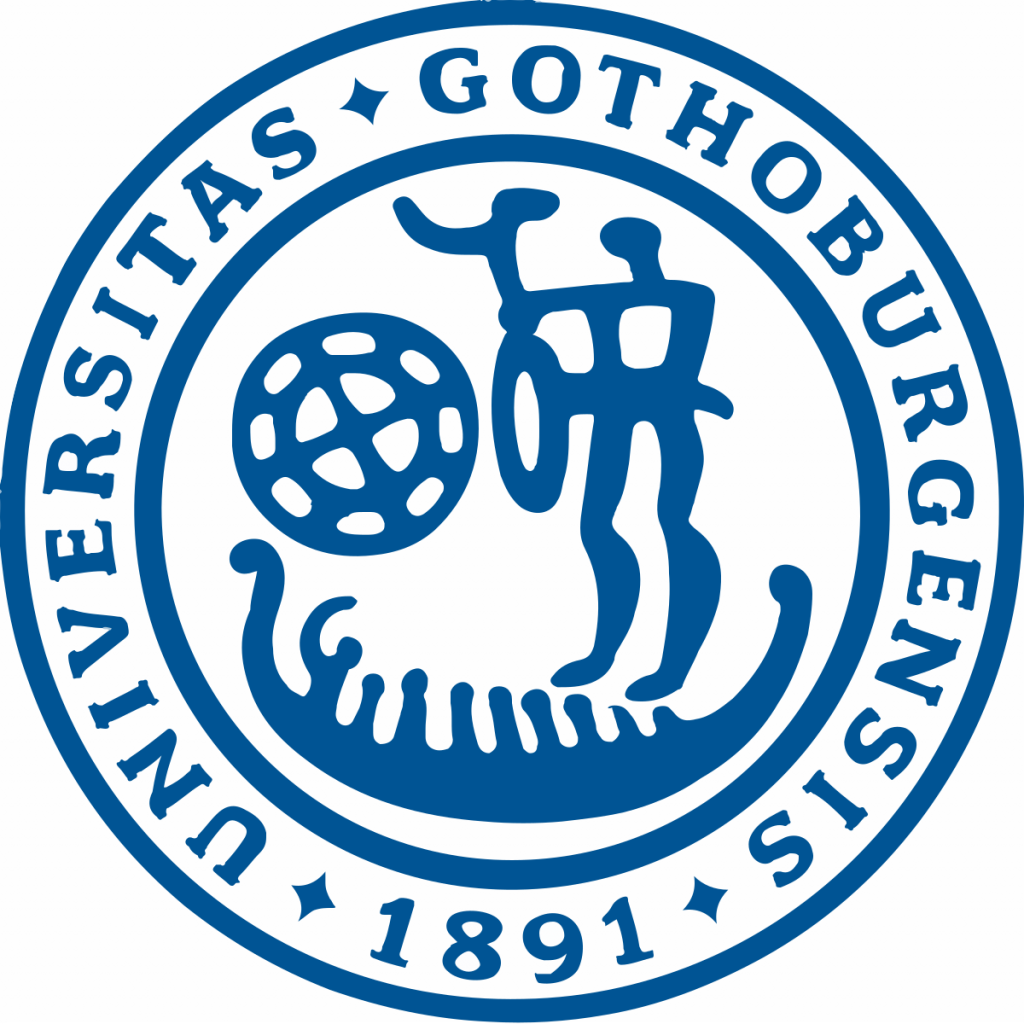 |
Activities
– Field research
Field research aims to conduct experiments and collect biological material for laboratory processing.
River  Iguaçu Continente Antarctica
Iguaçu Continente Antarctica  BioensaçõesS
BioensaçõesS  Biological material sampling – Laboratory
Biological material sampling – Laboratory 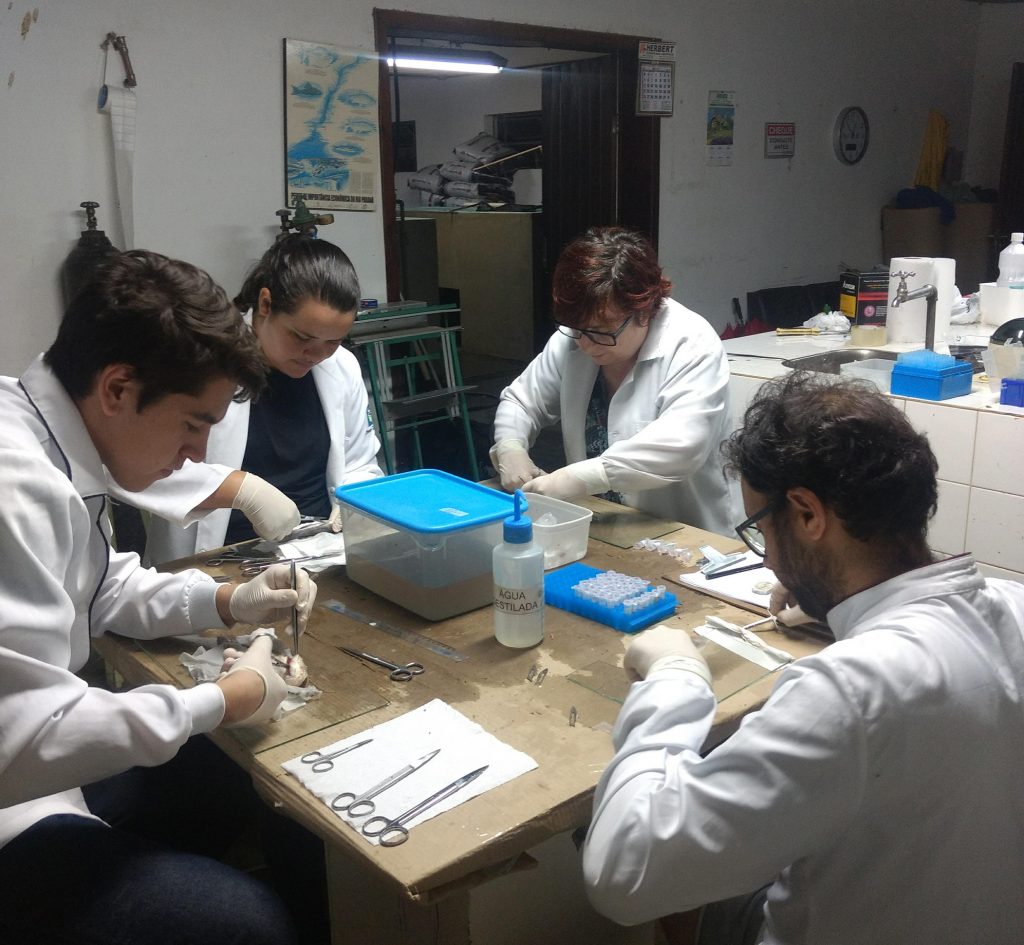 processing: The Laboratory of Adaptive Biology is located in the Department of Cell Biology and is divided into two modules (rooms 228 (+55 41 3361-1545) and 233 (+55 41 3361-1617).
processing: The Laboratory of Adaptive Biology is located in the Department of Cell Biology and is divided into two modules (rooms 228 (+55 41 3361-1545) and 233 (+55 41 3361-1617).
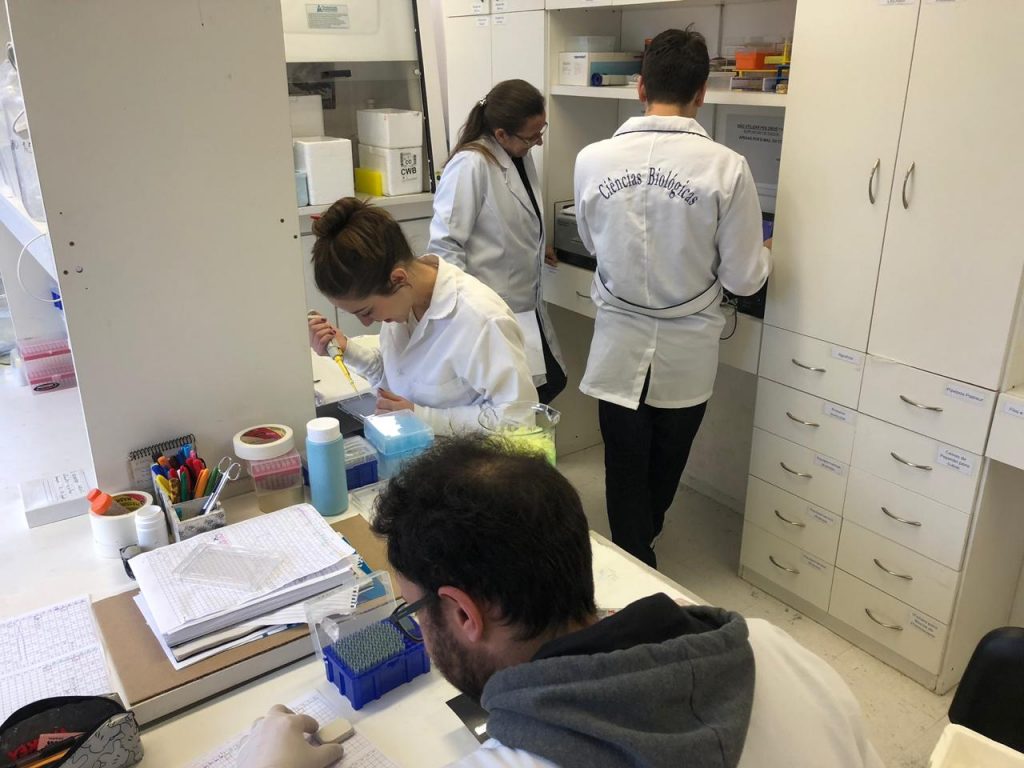 |
 |
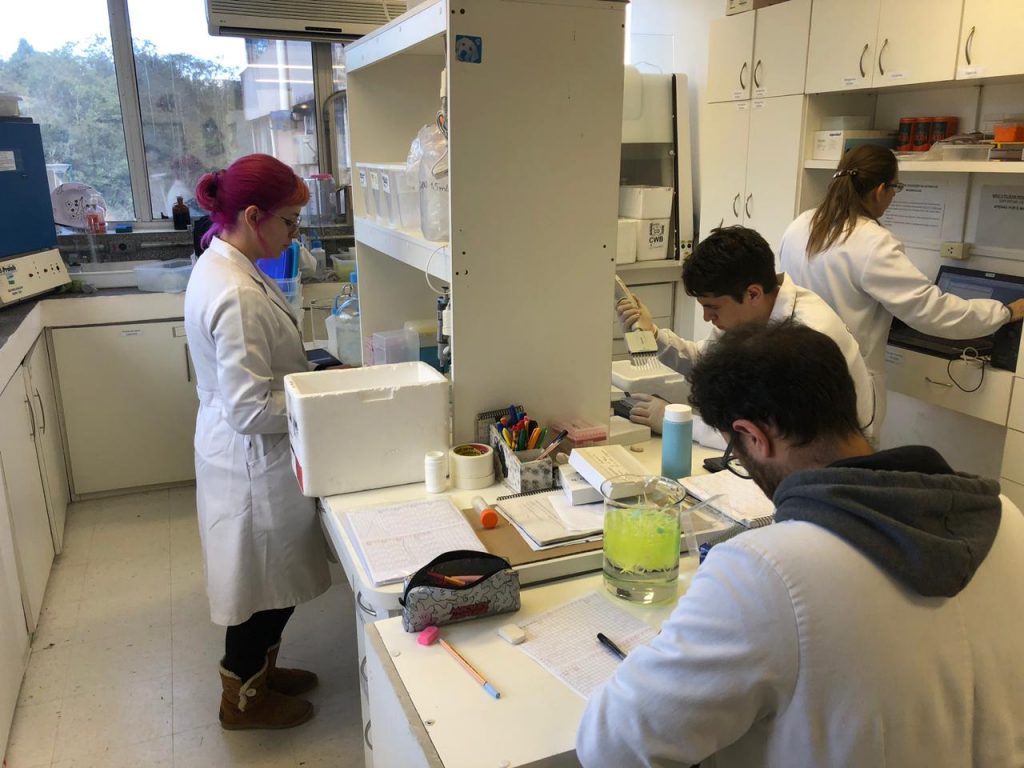 |
– Popularization and dissemination of Science: The Laboratory of Adaptive Biology publishes research carried out in the laboratory for students from public and private schools in Curitiba and the metropolitan region. Lectures and photographic exhibitions are held addressing issues of ecological and environmental conservation.
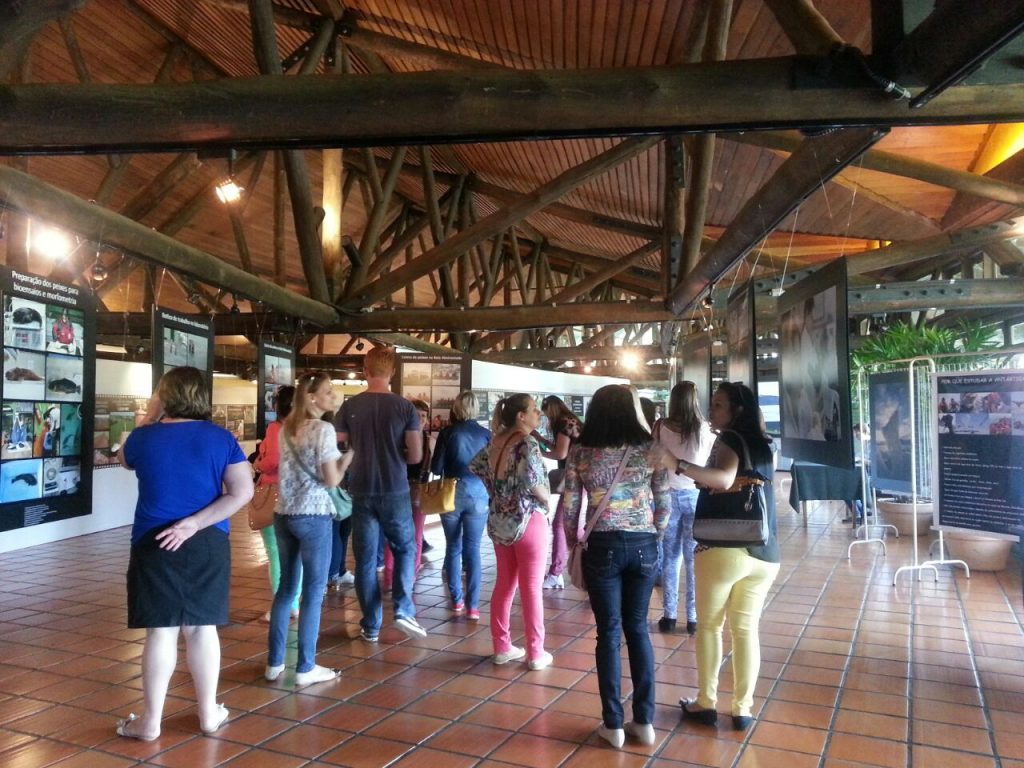 |
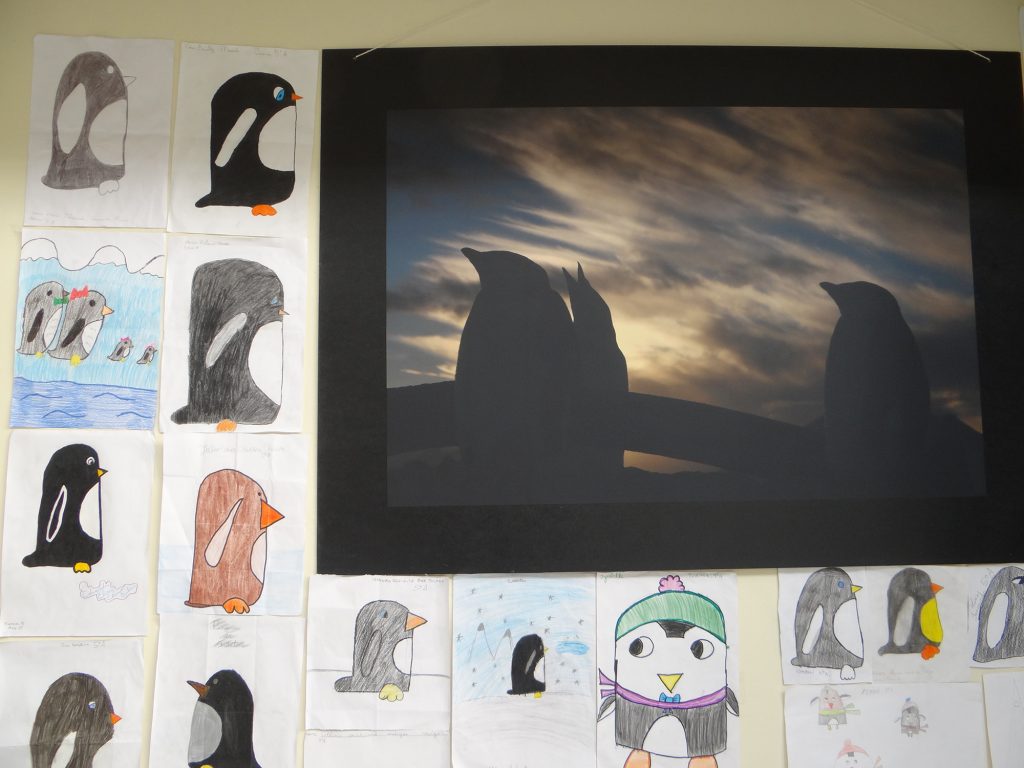 |
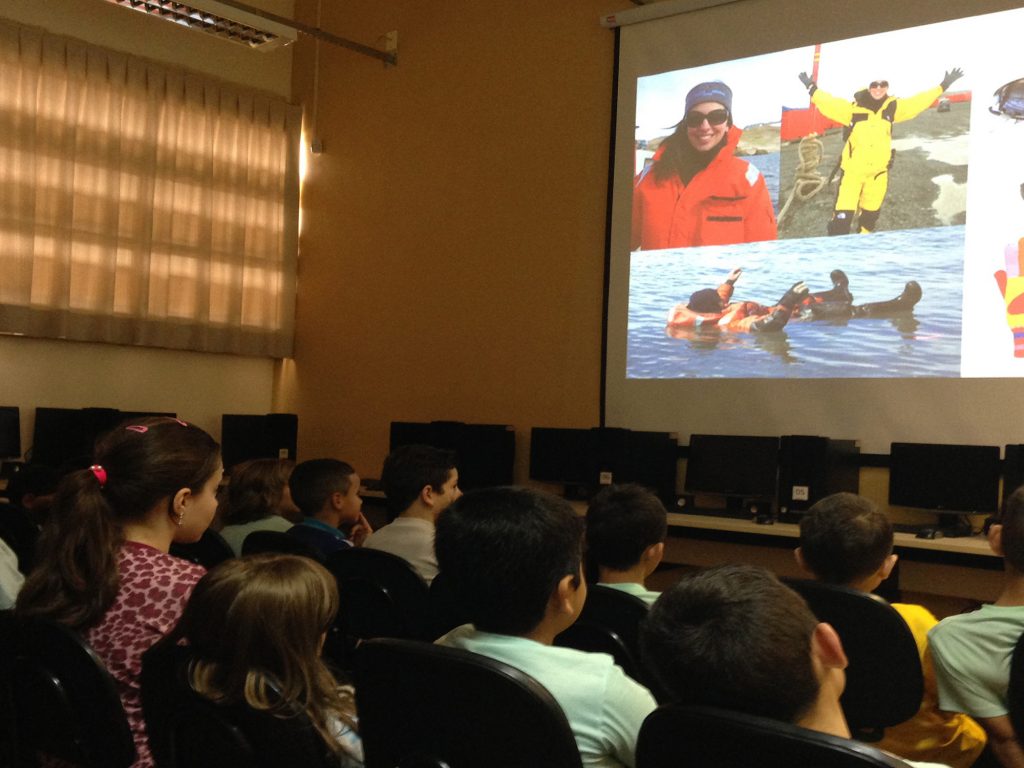 |
Recent publications
2019
2018
- https://doi.org/10.1016/j.biochi.2017.11.010
- https://link.springer.com/article/10.1007%2Fs1160-018-9535-0
2017
- https://doi.org/10.1016/j.jprot.2016.04.036
- https://doi.org/10.1016/j.ecoenv.2016.09.007
- https://link.springer.com/article/10.1007%2FS00360-017-1088-3
- https://link.springer.com/article/10.1007%2Fs1104-016-3140-6
- http://dx.doi.org/10.1590/s1678-9946201759044
- https://doi.org/10.2217/fmb-2017-0065
Address
Laboratory of Adaptive Biology, Federal University of Paraná
Center for Biological Sciences
Box of the Department of Cell Biology 19031
ZIP Code 81531-970 – Curitiba, PR – Brazil
Phone +55 41 3361-1752
Fax +55 41 3266-2042

